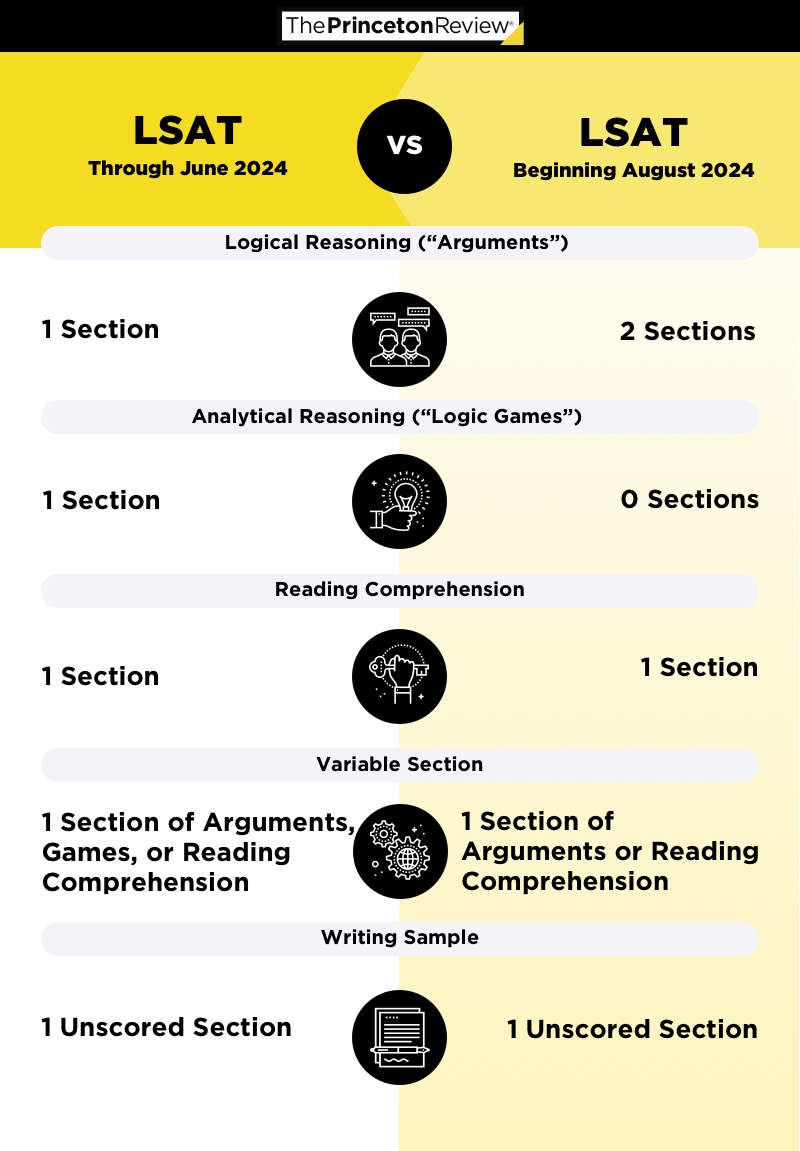The Law School Admission Test (LSAT) is a standardized test that is required for admission to most law schools in the United States and Canada. It is designed to assess reading comprehension, logical reasoning, and analytical reasoning skills. Understanding the breakdown of the LSAT can help test-takers prepare effectively and perform their best on exam day.
The LSAT consists of five multiple-choice sections and one writing sample. The multiple-choice sections include one reading comprehension section, one analytical reasoning section, and two logical reasoning sections. There is also an experimental section that is used to pretest new questions for future exams. The writing sample is not scored but is sent to law schools along with the LSAT score.
Breakdown of the LSAT
The reading comprehension section of the LSAT consists of four sets of reading passages, each followed by five to eight questions. Test-takers must read and understand the passages in order to answer the questions accurately. The analytical reasoning section, also known as logic games, presents test-takers with four logic puzzles that require them to make inferences and deductions based on the information provided. The logical reasoning sections test test-takers’ ability to analyze and evaluate arguments.
Each multiple-choice section of the LSAT is 35 minutes long, and test-takers are not allowed to go back and change their answers once time has expired. The experimental section, which is also 35 minutes long, may be any one of the three main types of sections. Test-takers do not know which section is the experimental section, so it is important to approach each section with equal focus and effort.
After completing the multiple-choice sections, test-takers are given a 35-minute break before beginning the writing sample. The writing sample presents test-takers with a decision prompt and requires them to choose one side of the argument and defend their position. While the writing sample is not scored, it is important to approach it seriously and demonstrate strong analytical and writing skills.
In conclusion, understanding the breakdown of the LSAT is crucial for effective preparation and success on exam day. By familiarizing themselves with the format and content of the exam, test-takers can develop strategies to approach each section confidently and perform their best. With diligent preparation and practice, test-takers can achieve their desired score and gain admission to their desired law school.
